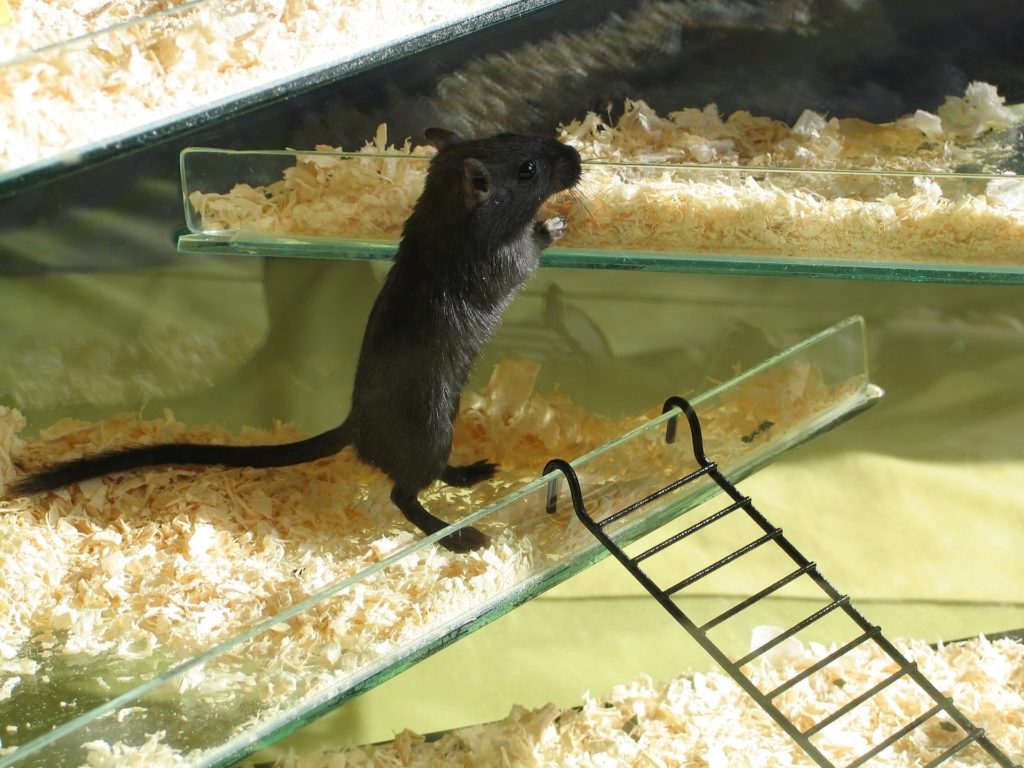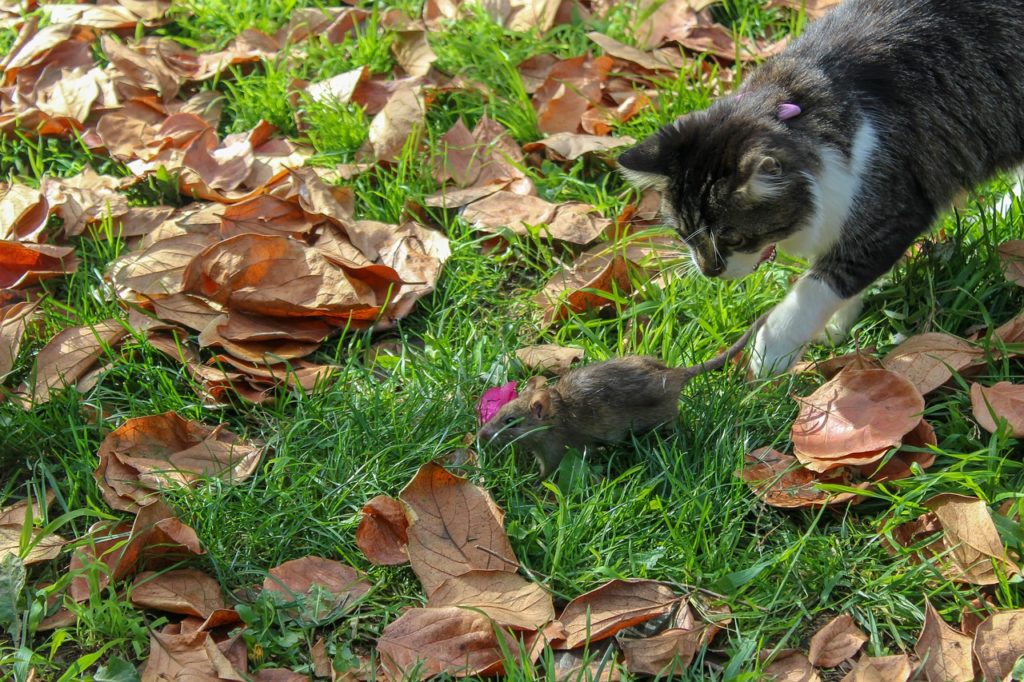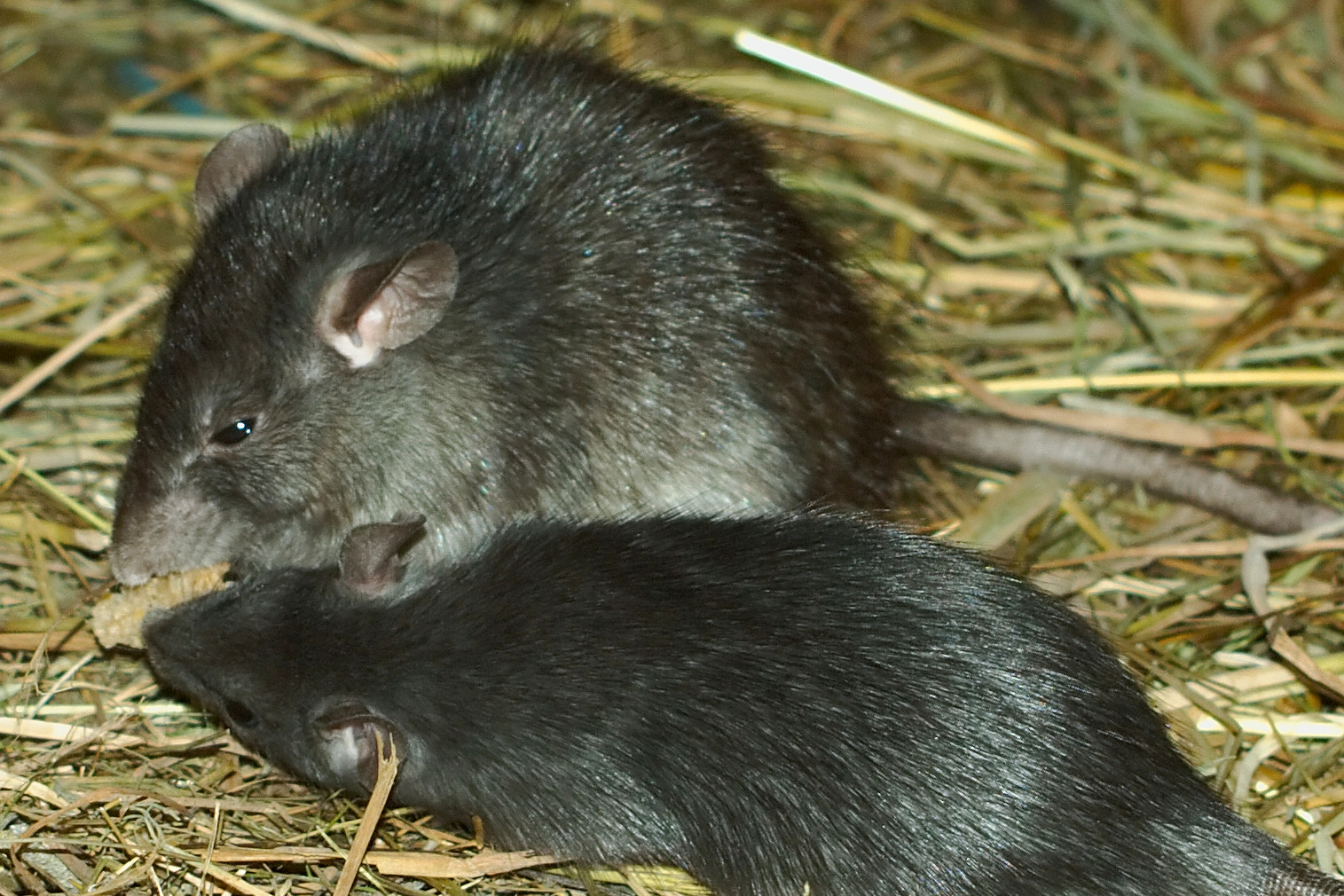Rats have a bad reputation, which is understandable, considering that they are rodents who are notorious for spreading deadly diseases. But did you know that not all people consider rats PESTS? Some people even have them as PETS! Here are the advantages and disadvantages of keeping rats as pets.
Rats as pets pros
1. Rats are low-maintenance pets
We all have that one friend who spends hundreds or even thousands of dollars to maintain their cat or dog. Pet food and veterinary bills can pile up for these common household pets. The time you need to spend with them to give them exercise and quality time can also be considered an “expense” since your time is valuable.
Even though owning rats can have expenses as well, these rodents are generally lower maintenance. You can just buy a cage, some bowls to put food and water in, and some bedding and caves to make their cage more interesting — and you are good to go.
Of course, they will appreciate it if you spend your time with them. They are very playful and social animals. But these quality times are not super required, at least not when compared to the commitment you need for cats and dogs.
2. Their small size can be an advantage
Rats can be a nuisance at home because they use cracks and holes to go inside and outside your property. This is all thanks to their small size. But if you are going to keep rats as pets, their small size can actually be an advantage.
You don’t need a big yard — or a big property for that matter — to keep rats active and happy. Their intricate cage is already a big enough world for them. Rats are perfect pets if you live in a closed neighborhood, like an apartment building or condo.
3. They are not as dirty as you think
The rats living in sewers and sneaking into your home are indeed dirty. There is no doubt about that. But rats naturally spend a lot of time grooming themselves. They can dedicate several hours a day to attend to their bodies, particularly their fur. You can clearly see this if you keep rats as pets.
You can also litter train these rodents. Place litter boxes in a corner of their cage and put their poop in there. They can basically associate these litter boxes with toilets.
4. They are affectionate and playful
Have you ever wondered what nuisance rats do at night when you hear them in your ceiling or wall? They are not just looking for resources. They are also playing with each other. Rats are naturally affectionate and playful.
However, rats still have individual personalities. If they seem to be the shy type, you shouldn’t force them to cuddle. But they may come along later as they know you more and more.

Rats as pets cons
1. Rats have a short lifespan
Cats and dogs are longtime commitments. They can be with you for decades, being a big part of your journey through life. Unfortunately, rats are not the same. They can live for only an average of two to three years. If you like long-term pets, rats are definitely not for you.
However, their short lifespan can also be an advantage. They can be great for those who don’t want long-term commitments, like those who are planning to look for a new job or move elsewhere in a few years. But it will still hurt when your pet rats die just after a few years with you.
2. Their smell can be a problem
Yes, pet rats can groom themselves and they can be litter trained. But the fact still remains that rat poop and urine can smell. Rats also mark their territory with their urine. If you let your untrained pet rats roam free around your home, this can be a problem. Rat poop and urine are not just unhygienic. They can also be dangerous. Contacting with or ingesting these substances can give you diseases like leptospirosis.
3. They are not afraid to use their teeth
If you have a rat problem at home, you may see a lot of chewed-up cardboard boxes and wires. This can be dangerous because it can lead to house fires and other hazards. Rats are not afraid to use their teeth, and it will show even if they are your pets.
Let your rats roam only in a controlled environment where you have intentionally put items they can gnaw on and remove items that you don’t want them to destroy. Gnawing is important for the well-being of rats. Let them do it in a controlled environment. If you don’t, they may end up doing it on your furniture and walls.
4. They are vulnerable to diseases and predators
Because rats are cheap to buy, many pet lovers immediately assume that they are cheap to maintain too. There is some truth to this when you compare rats to cats and dogs. But keeping rats as pets is not as cheap as you think. These rodents are prone to diseases, such as cancer and respiratory tract infections.
Rats as pets are also not as mainstream as cats and dogs. This may mean you will have to go out of your way to find a veterinarian that specializes in exotic pets. This can result in even bigger veterinarian bills.
Rats are also vulnerable to predators, especially house cats. Make sure to keep your rat cages in an area where house cats won’t be able to bother them. Even if the cats can’t physically harm your rats, your little rodents can still be stressed out by the presence of these felines.

Rats can be good or bad pets
Rats are considered nuisance animals. But they can be considered pets too. They are not as high-maintenance as cats and dogs but are just as affectionate, playful, and smart. However, rats will always be rats. They can chew on your personal belongings and pee everywhere if you don’t train them properly. They are also very vulnerable to diseases and predators and have shorter lifespans compared to more mainstream pets.
Rats as pets have pros and cons. It’s up to you to weigh them and come up with your own decision on whether you want these rodents as pets or not.

